|
For anyone interested in the influence and reception of Stoic ideas, the follow chapters written for different venues offer a more-or-less continuous overview:
For the influence of Stoicism after 1800, there are multiple chapters by others in my Routledge Handbook of the Stoic Tradition (2016), details at https://www.routledge.com/The-Routledge-Handbook-of-the-Stoic-Tradition/Sellars/p/book/9780415660754 I'm currently organizing a conference that will take place in London in June with the title 'Stoicism in Practice'. This will be an academic conference bringing people together from a number of disciplines to discuss the application of Stoicism in a variety of contexts. The main focus will be on psychological research but there will also be experts in ancient philosophy and discussion of Stoicism in the context of business and leadership. Full details of the event can be found at tinyurl.com/csasrhul
This month sees the publication of the paperback edition on Aristotle, along with translations into Italian and Spanish. To coincide with these three, I've done three interviews, one with a website called The Collector (https://www.thecollector.com/john-sellars-aristotle-interview/), one for the Italian newspaper La Lettura, and one for the Spanish newspaper El Mundo (https://www.elmundo.es/papel/el-mundo-que-viene/2024/03/15/65e9e886fdddff353f8b459a.html).
I'm currently in the final stages of editing The Cambridge Companion to Marcus Aurelius' Meditations. The whole manuscript was submitted to the Press last year and has been through peer review. All the contributors have revised their chapters in the light of comments and I have now read through the whole manuscript. The final task is to type up those final corrections and then it will be ready to submit.
Here's the table of contents:
Two recent talks have been recorded and are available online.
The first was an introduction to Marcus Aurelius, given at an Aurelius Foundation event in London. The recording is at https://aureliusfoundation.com/events-social/. The second was a talk about Peter Paul Rubens and Neostoics in 16th-17th century Antwerp, delivered online for Stoicon, available at youtu.be/iJmT3oYPu6c?si=5hI1uJcsvy6CR7sm. Very pleased to announce the imminent release of my new book on Aristotle. Physical copies have just arrived,. I've also written a short piece on Aristotle and why he is such an important figure for the excellent online journal Antigone, available here.
Three new pieces on Roman Stoics have come out recently:
The last of these is open access.
I’ve recently written a short book on Aristotle. It is currently being copyedited and is due to be published by Penguin in February 2023. It will come out in their revived Pelican imprint. After some back and forth, the final title is going to be Aristotle: Understanding the World’s Greatest Philosopher. The subtitle came from the publisher but it’s not merely marketing hype; I genuinely do think that Aristotle is the greatest philosopher ever.
The book is longer than my last two Penguin books, but still fairly short - a brief introduction that sets out who Aristotle was and some key themes in his work. It touches on his metaphysics, biology, logic, poetics, ethics, and politics, as well as thinking about his later legacy and what it might mean to describe oneself as an Aristotelian. Part of the motivation for writing this book came from my own experience as a philosophy student. When I first started out I was all too aware that Aristotle was a major figure but he just seemed very intimidating. Whenever I tried to dip into his works I found myself almost immediately lost! The few introductions I tried to read didn’t help me much either because they seemed to presuppose too much existing knowledge. As time went on I slowly found my footholds, especially in his Nicomachean Ethics and Physics. Then I had the opportunity to teach various bits and pieces of his work and really started to appreciate his genius. That doesn’t mean that I thought he was right about everything; it was as much admiration for the way he did things as it was for what he was saying. Ironically, what had once seemed like impenetrable prose was now one of the things I admired most! Now, I really do think he’s the greatest philosopher ever to have lived. The more I read him, the more I feel sure of this. If I didn’t used to think this, it was simply because I hadn’t read him enough. And you need to know how to read him too, which is slowly! But, if my first experience is anything to go by, it can be intimidating to dive straight in. I hope my book will encourage some to try and offer some guidance along the way. Whatever you might be interested in, Aristotle probably has something to say about it somewhere. And although you might think that on first encounter what he says is simply wrong, I suspect that it will remain niggling in the back of your mind and at some point you’ll come to realise that what he said has more to it that you first saw - indeed, you might come to realise that it’s one of the smartest things ever said on the topic. That’s been my experience again and again. |

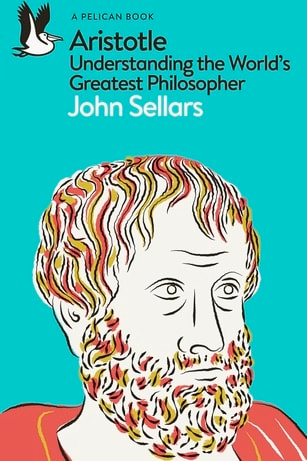
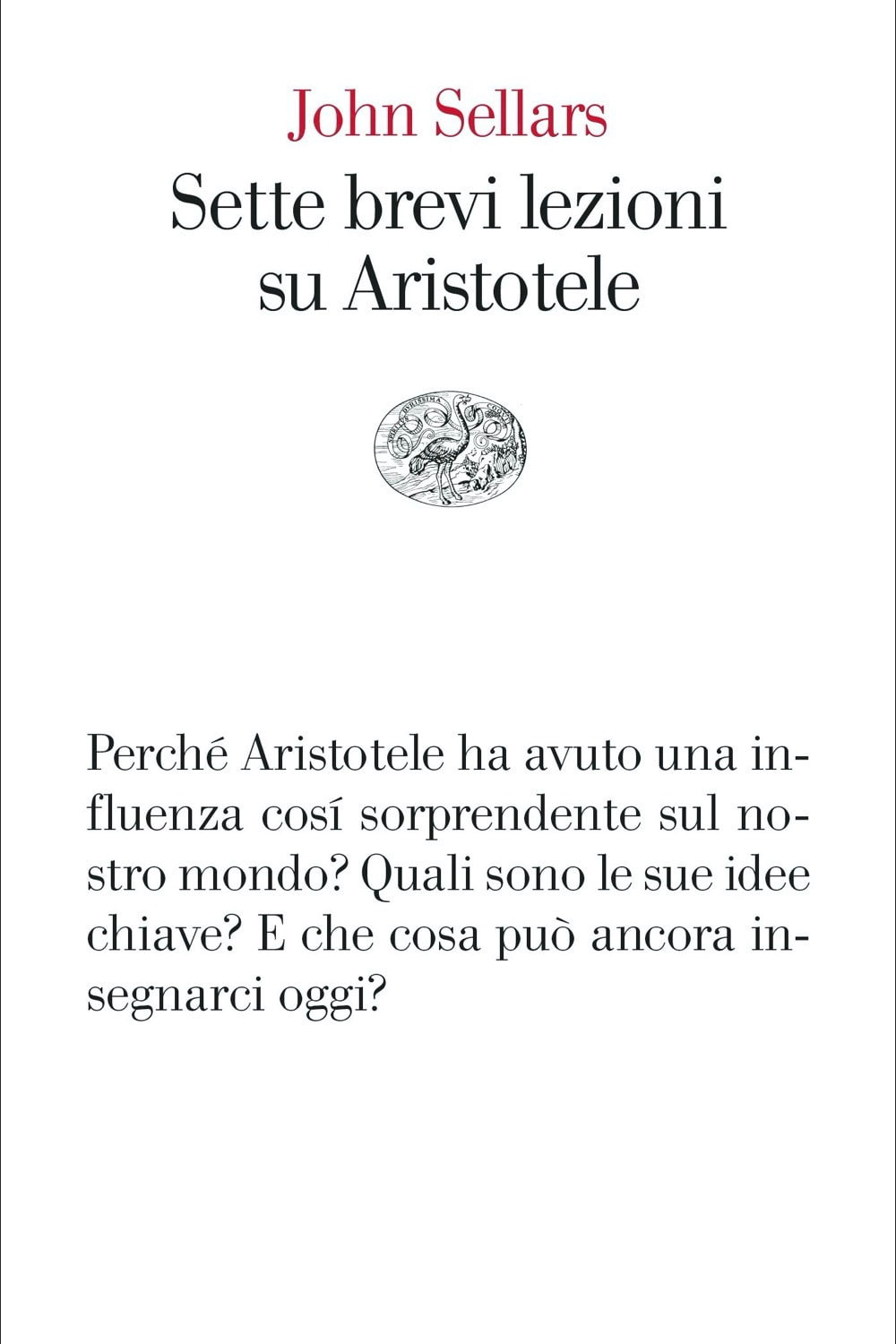
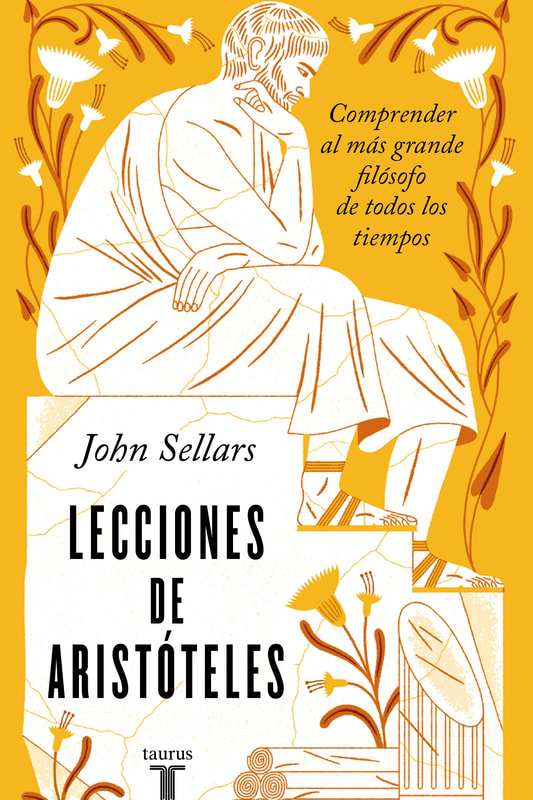
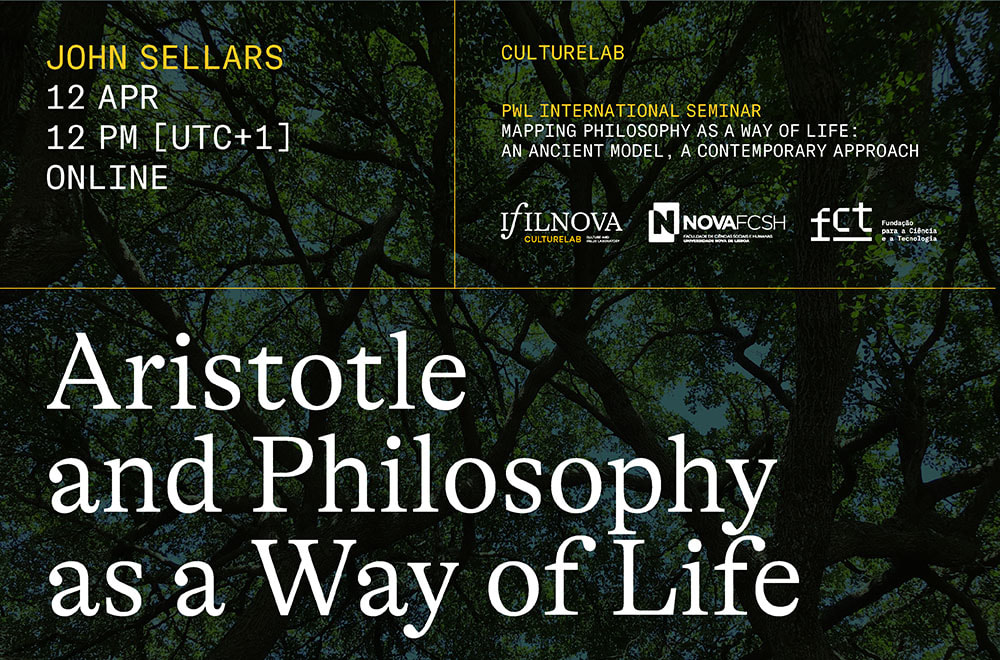
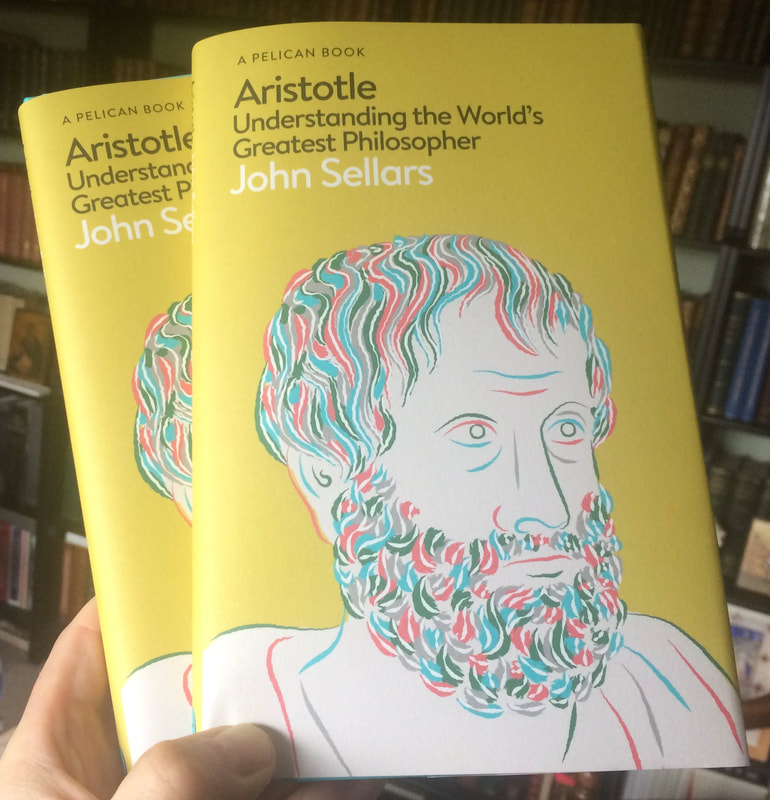
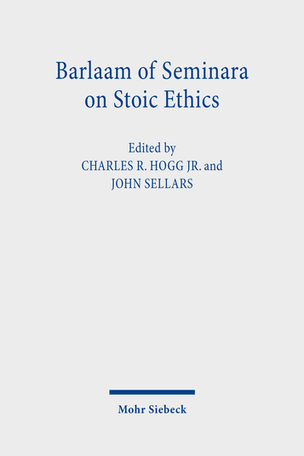

 RSS Feed
RSS Feed
